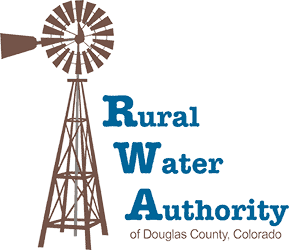Tri County Health 2008 Nitrate Study
In 2008, Tri-County Health Department (TCHD) completed a study of the impacts of aging residential septic tank and leach field systems on residential wells. The purpose of the research was to assess the nitrate levels in drinking water from residential wells.
Nitrate is a form of nitrogen, and is a common contaminant of sewage that can potentially seep through soil and impact drinking water in wells. Of the many contaminants in domestic sewage, nitrogen, in the form of nitrate, is the most persistent and is most likely to reach the groundwater. Nitrate may be found in groundwater and surface water due to fertilizers, animal manure, natural sources, as well as residential leach fields. Nitrate is easily soluble in water and can be easily carried by water through soils. Excessively high levels of nitrate in drinking water can cause health impacts, particularly in pregnant women and infants.
The TCHD study tested 295 residential wells in Douglas County on homes built prior to 1973 and served by both a well and a septic tank – leach field system. The 295 wells were sampled for nitrate, hardness and hydraulic conductivity of the leach field. Several other factors that may have influenced nitrate seepage into the well water were studied, including distance from leach field to well, elevation of leach field in relation to the well, age of system, maintenance practices, soil type in the leach field, and depth of the well.
The results indicated many of the wells had elevated levels of nitrate, but only 9 wells had nitrate levels that exceeded 10 mg/L, which is the EPA health standard. The mean level of nitrate was 2.0 mg/L. A total of 101 wells had no detectible level of nitrate, which was defined as less than 0.3 mg/L. It was viewed positively by the scientists that after 35 years of use, almost one-third of the wells had no detectible level of nitrate in the water samples.
Interested parties should review the study map and read the entire report carefully, including all the limiting conditions, assumptions, test procedures, conclusions, recommendation and lessons learned. If you have questions or would like to discuss the report, please contact the DCHD via their website at Douglas County Health Department or by phone at 303-660-7400.
Another resource for information regarding private wells is the Colorado Department of Public Health and Environment website.
